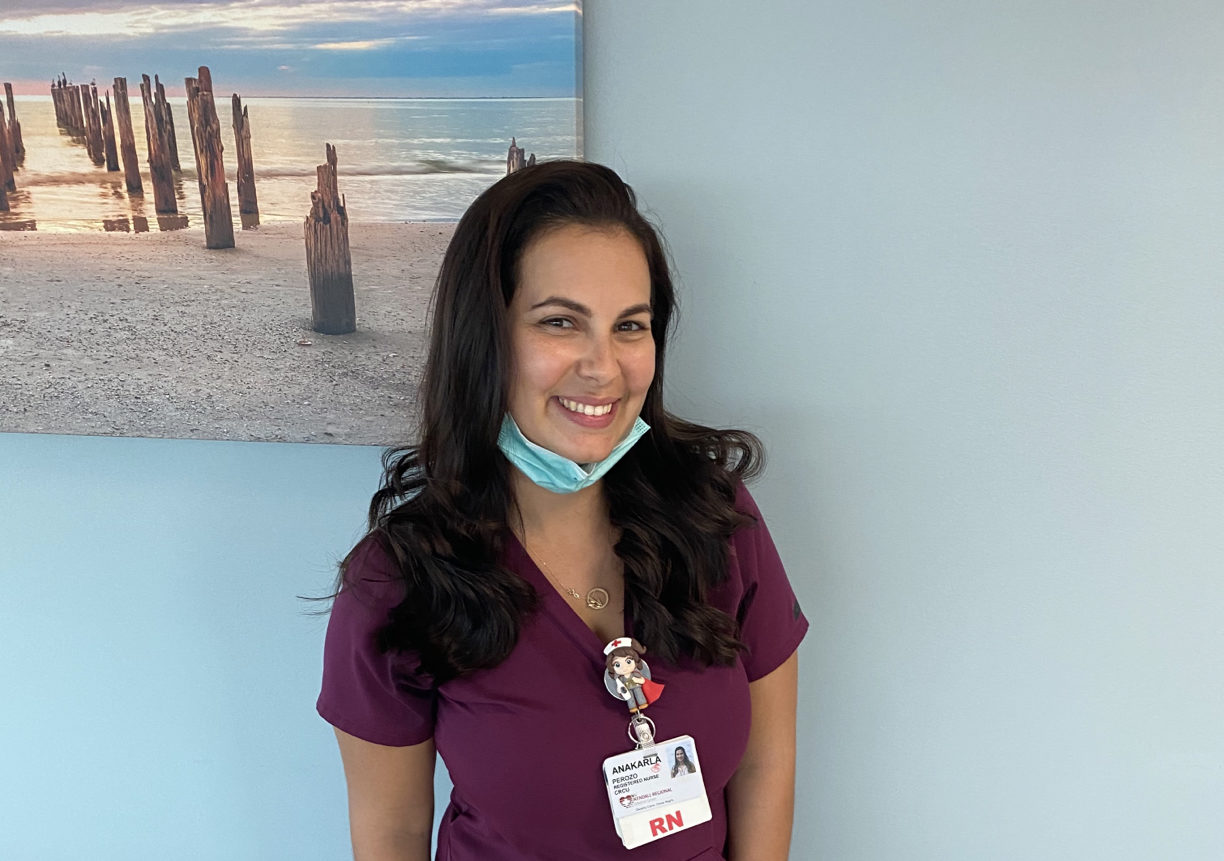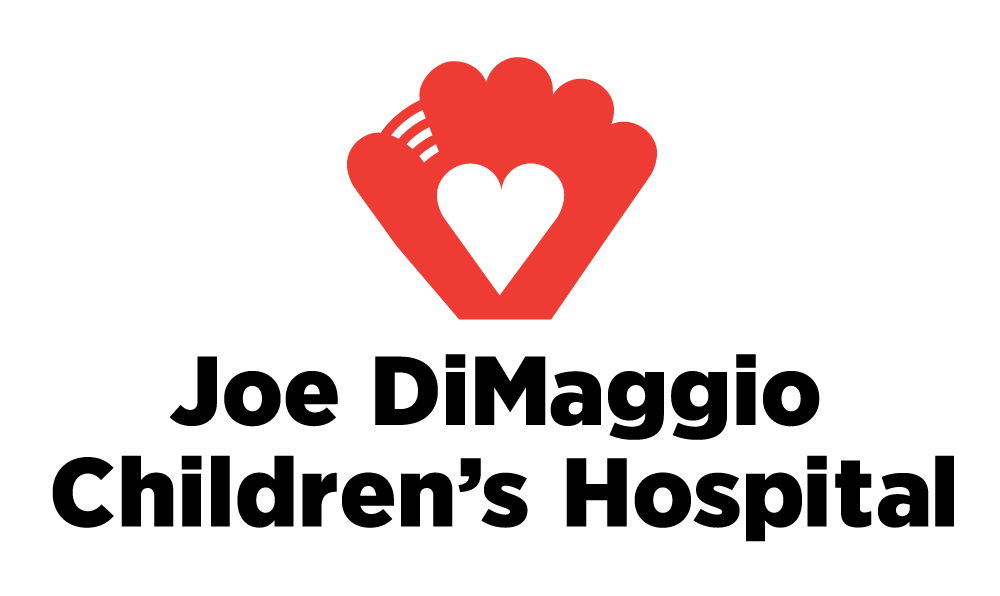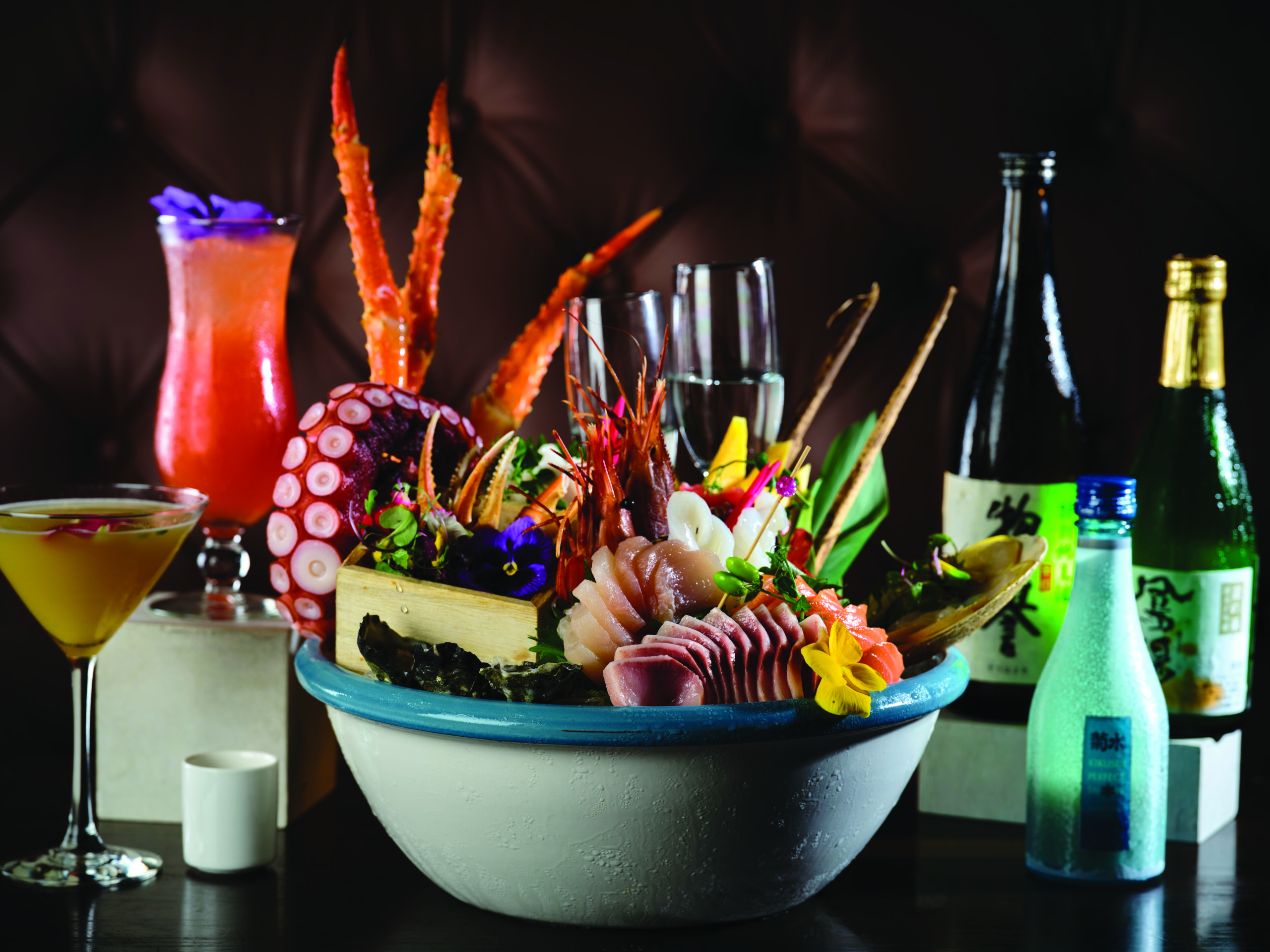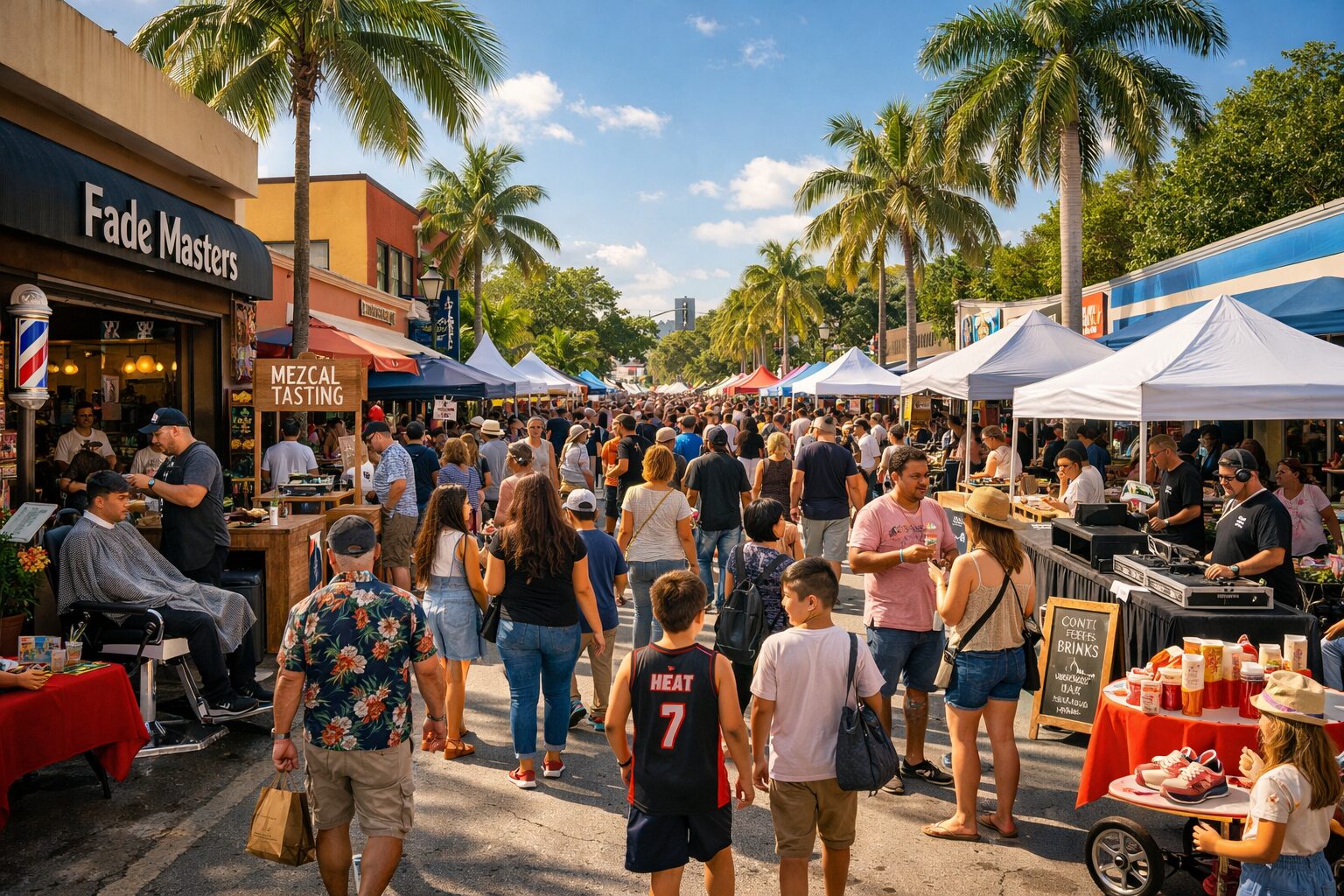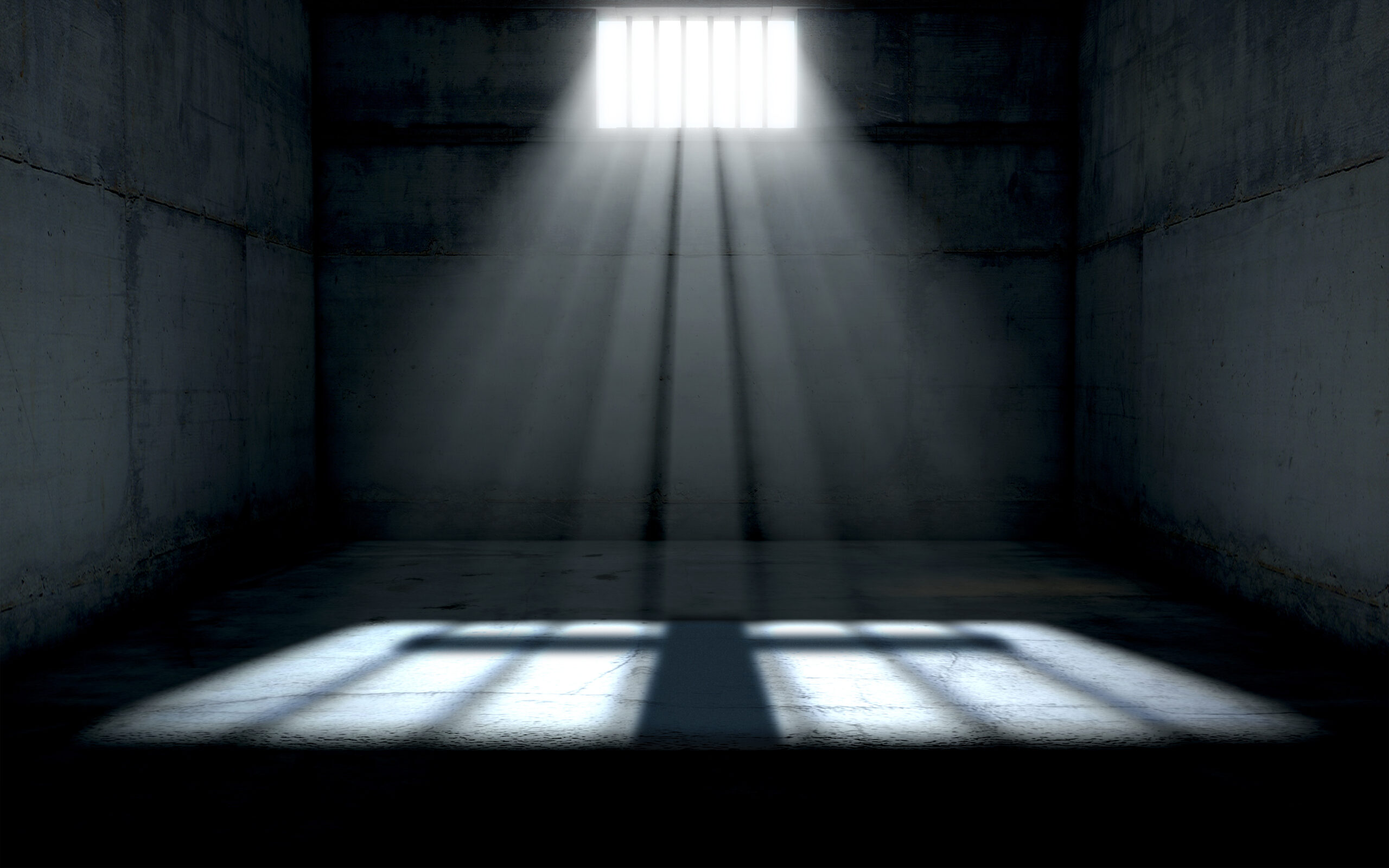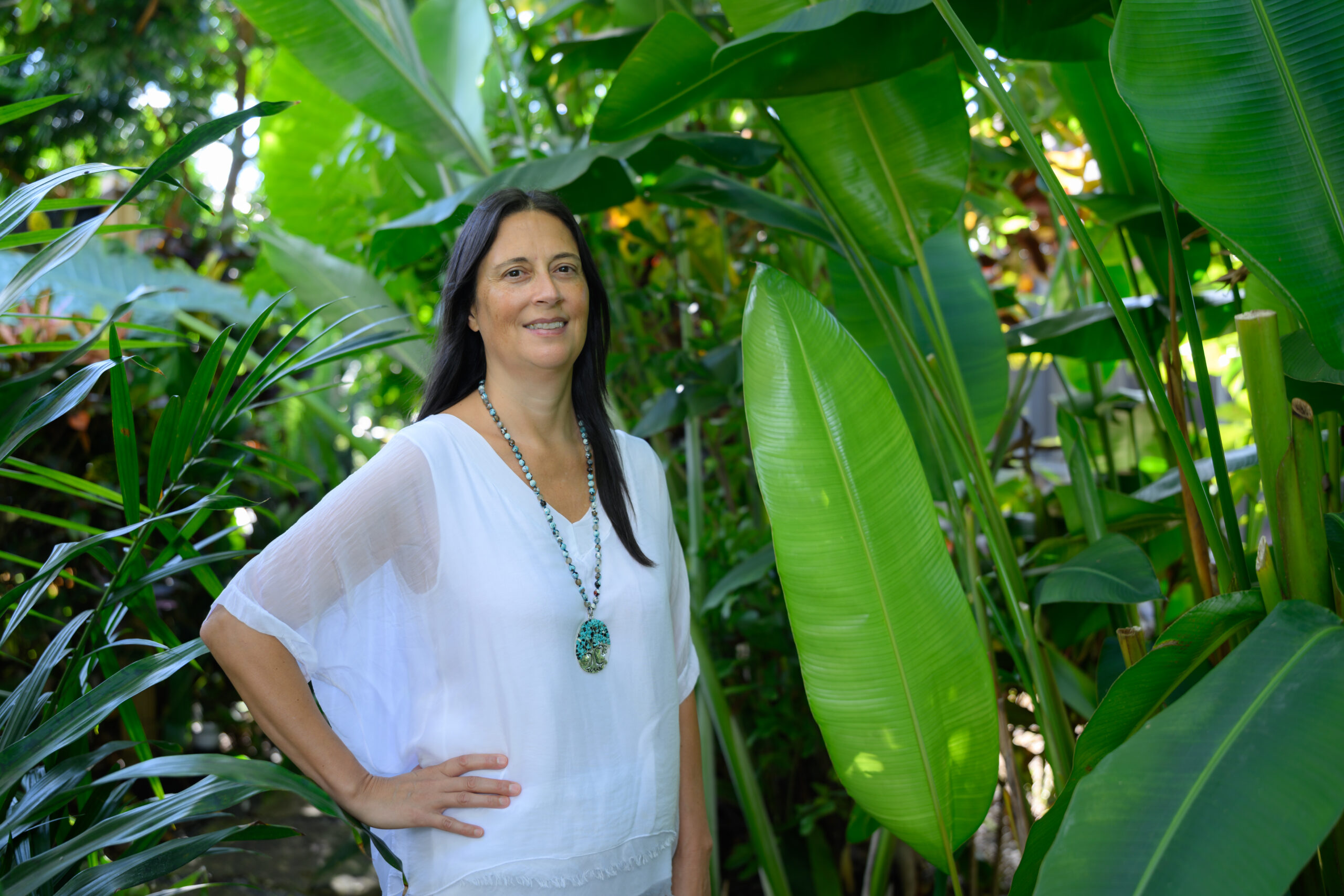Anakarla Perozo
Trauma ICU nurse, Kendall Regional Medical Center
Background: As the first member of her family to pursue a career in medicine, Perozo, 29, has had a desire to help people for as long as she can remember. “My mom always wondered why I wanted to do this,” she says. “There [are] no doctors in our family. It came out of nowhere.” After moving to Miami from Cuba more than a decade ago, Perozo enrolled in Miami-Dade College and then Florida International University to study nursing. She began her career at Westchester General Hospital and later transitioned to Kendall Regional, a Level 1 trauma center, to work in the ICU. This August marks one year working with some of the hospital’s sickest and most critical patients. “This is what I’m going to do my entire life––pandemic or no pandemic,” she says. “In the ICU, you have the chance to change a patient’s life forever.
Pandemic stories: Two years ago, when Perozo began her career in nursing, she never imagined she would provide care to patients during a pandemic. Though medical professionals like Perozo prepare for this moment throughout their practice, many never experience an outbreak like COVID-19.
“COVID-19 is like going back to school,” she says. “We’re learning more every day to help our patients.”
The hardest lesson Perozo has learned is the need to protect herself before assisting others. It’s something she still struggles with today, months into the fight against coronavirus.
“Before COVID-19, I would see a patient in need and drop everything to help them,” she explains. “You forget about the precautions and protocols. Your first thought is to save their life. That’s still true today, but if I don’t protect myself, and I get infected, what help am I then?”
One of Perozo’s first experiences with the virus was a 55-year-old woman, the same age as Perozo’s mother, who was put into the ICU after her diagnosis. Though the woman wasn’t Perozo’s patient, she watched from a distance as doctors attempted to stabilize her.
“She was bleeding from everywhere you can think of,” she remembers. “I’ll never forget when one of the doctors said they were going to have to warn the family that this would be the end, and they had done everything they could to try to save her.
“Seeing how bad this can turn and what coronavirus can transform into … it changes you. Protect yourself. Protect others. If you must leave your house, be smart about it. Wear a mask.”
Perozo is bracing herself for subsequent virus peaks, which she expects to see through the new year and possibly beyond. “This is really, really bad,” she says. “We go from the unit being empty and thinking we experienced the worst of it to, out of the blue, dozens and dozens of cases. This is our new normal.”



